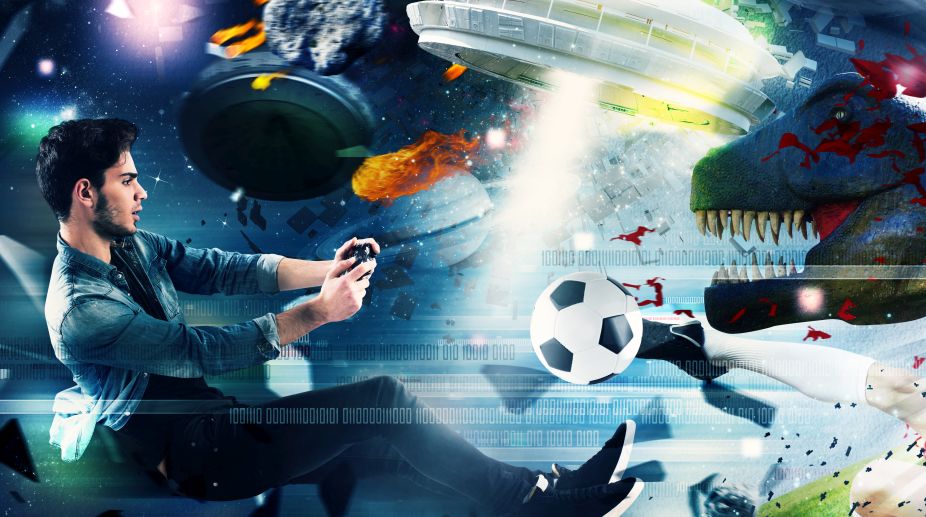Are you addicted to gaming? Maybe it’s time you took a step back and think. The World Health Organization has added gaming to the list of addictive disorders in the latest edition of International Classification of Diseases, its disease classification manual. Gaming disorder is now a mental health condition.
The WHO released its new International Classification of Diseases (ICD-11), which had been over a decade in the making, on 18 June. It will be presented at the World Health Assembly in May 2019 for adoption by Member States, and come into effect on 1 January, 2022. The inclusion of a disorder in ICD is a consideration which countries take into account when planning public health strategies and monitoring trends of disorders.
Advertisement
About gaming disorder, the WHO says it affects only a “small proportion of people”, and that the characteristics denoting the condition must be present in someone for at least 12 months before it can be officially diagnosed as a disorder.
So, what is gaming disorder?
The ICD-11 defines gaming disorder as a pattern of gaming behaviour — “digital-gaming” or “video-gaming”. It is characterised by impaired control over gaming, increasing priority to gaming over other activities including daily activities, and continuation or escalation of gaming despite negative consequences.
The behaviour pattern of a person “must be of sufficient severity to result in significant impairment in personal, family, social, educational, occupational or other important areas of functioning” for gaming disorder to be diagnosed, according to WHO.
READ | It’s official! Gaming disorder is a mental health condition
What is the International Classification of Diseases?
The International Classification of Diseases (ICD) is disease classification manual issued by WHO for identification of health trends and statistics globally. It also forms basis for the international standard for reporting diseases and health conditions. Medical practitioners and by researchers around the world use it to diagnose and categorise conditions.
Why was gaming disorder included in ICD-11?
The decision to include gaming disorder in ICD-11, the latest edition of the disease classification manual, was based on reviews of available evidence, says WHO, which claims the decision reflects a consensus of experts from different disciplines and geographical regions involved in the process of technical consultations undertaken by WHO.
The inclusion of gaming disorder in ICD-11, adds WHO, follows the development of treatment programmes for people with health conditions identical to those characteristic of gaming disorder in many parts of the world. The decision is likely to result in an increased attention of health professionals to the risks of people developing this disorder and, accordingly, to relevant prevention and treatment measures.
Should everyone into gaming be concerned?
According to studies, gaming disorder affects only a small proportion of people who engage in digital-gaming or video-gaming activities. WHO, however, says people who engage in gaming should be alert about the amount of time they spend on gaming activities. It should be a matter for concern if one excludes other daily activities to be able to keep playing, or ignores any changes in physical or psychological health and social functioning. All this could be attributed to their pattern of gaming behaviour.











